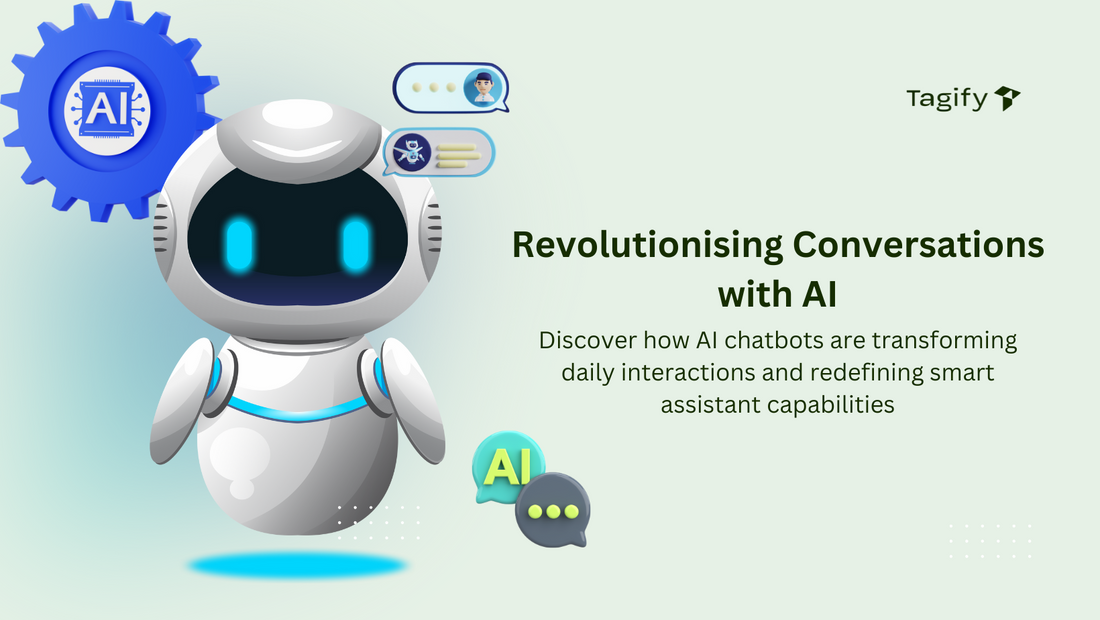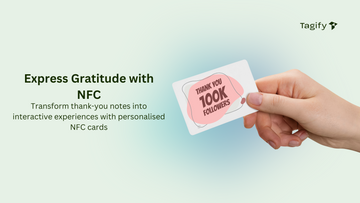Top AI Chatbots Today

Artificial intelligence (AI) chatbots have rapidly evolved, becoming integral to various applications and transforming how we interact with technology. This article explores the leading AI chatbots available today, their developers, popularity, and cost structures. Additionally, it discusses the potential integration of these advanced AI models with traditional voice assistants like Alexa, Google Assistant, and Siri to enhance their functionality and user experience.
Leading AI Chatbots in the Market
1. ChatGPT by OpenAI
Developer: OpenAI
Overview: ChatGPT, launched in November 2022, is a conversational AI model capable of generating human-like text based on user prompts. It has been widely adopted for tasks ranging from drafting emails to writing code.
Popularity: As of October 2024, ChatGPT boasts approximately 250 million weekly users, reflecting its widespread adoption and utility.
Cost: OpenAI offers both free and subscription-based access to ChatGPT. The subscription model, known as ChatGPT Plus, provides enhanced features and priority access.
2. Google Gemini
Developer: Google
Overview: Formerly known as Bard, Google Gemini is designed to provide concise and accurate responses, integrating seamlessly with Google's ecosystem. It offers features like voice interaction and camera input. A dedicated iPhone app was released in November 2024.
Popularity: Google Gemini has gained significant traction, especially among users of Google's services, due to its integration and accessibility.
Cost: Google offers Gemini as a free service, aiming to enhance user engagement across its platforms.
3. Microsoft Copilot
Developer: Microsoft
Overview: Integrated into Microsoft's suite of products, Copilot assists users by generating content, summarizing information, and automating tasks within applications like Word, Excel, and Outlook. It leverages AI to enhance productivity and streamline workflows.
Popularity: Copilot has been well-received by enterprise users and professionals seeking to boost productivity within Microsoft's ecosystem.
Cost: Microsoft offers Copilot as part of its subscription services, such as Microsoft 365, with pricing varying based on the subscription tier.
4. Claude by Anthropic
Developer: Anthropic
Overview: Claude is an AI assistant developed with a focus on safety and reliability. It is designed to handle complex conversations and provide detailed, context-aware responses.
Popularity: Claude has garnered attention for its emphasis on ethical AI usage and has been adopted by organizations prioritizing AI safety.
Cost: Anthropic offers Claude through a subscription model, with pricing tailored to enterprise needs.
5. Ernie Bot by Baidu
Developer: Baidu
Overview: Ernie Bot is Baidu's AI chatbot, primarily serving the Chinese market. It offers functionalities similar to ChatGPT, including language understanding and content generation.
Popularity: Ernie Bot has become a significant player in the Chinese AI landscape, catering to a vast user base.
Cost: Baidu provides Ernie Bot as part of its services, with pricing models varying based on usage and integration.
6. GigaChat by Sberbank
Developer: Sberbank
Overview: Developed by Russia's Sberbank, GigaChat is positioned as a Russian alternative to ChatGPT, capable of handling complex cognitive tasks and generating text or code.
Popularity: GigaChat has gained traction within Russia, serving as a localized AI solution.
Cost: Sberbank offers GigaChat to its customers, with pricing details tailored to specific services and integrations.
7. YouChat by You.com
Developer: You.com
Overview: YouChat is an AI chatbot integrated into the You.com search engine, providing conversational responses alongside search results. It offers features like summarizing articles and composing emails.
Popularity: YouChat appeals to users seeking an integrated search and conversational experience.
Cost: You.com offers YouChat as a free service, aiming to enhance user engagement on its platform.
Integration with Traditional Voice Assistants
Traditional voice assistants like Alexa, Google Assistant, and Siri have been integral to smart devices, assisting users with tasks like setting reminders, controlling smart home devices, and answering queries. However, these assistants often face limitations in understanding complex commands or providing detailed responses.
Integrating advanced AI chatbots into these voice assistants could significantly enhance their capabilities:
-
Improved Comprehension: Advanced AI models can better understand nuanced language and context, reducing the need for users to repeat commands.
-
Enhanced Responses: With access to vast datasets, AI chatbots can provide more accurate and detailed answers to user queries.
-
Personalization: AI integration allows for more personalized interactions, learning user preferences over time to tailor responses and suggestions.
For instance, integrating ChatGPT's language model with Siri could enable more natural conversations and a broader understanding of topics. Similarly, embedding Google Gemini into Google Assistant could streamline services, offering users a more cohesive experience.
While the integration of these advanced AI models presents opportunities, it also raises considerations regarding data privacy, security, and the need for continuous updates to maintain accuracy and relevance.
Conclusion
The landscape of AI chatbots is rapidly expanding, with various companies offering solutions that cater to diverse user needs. Integrating these advanced AI models with traditional voice assistants holds the potential to revolutionize user interactions, making them more intuitive, accurate, and personalized. As technology continues to evolve, such integrations could become standard, enhancing the functionality of devices we rely on daily.









